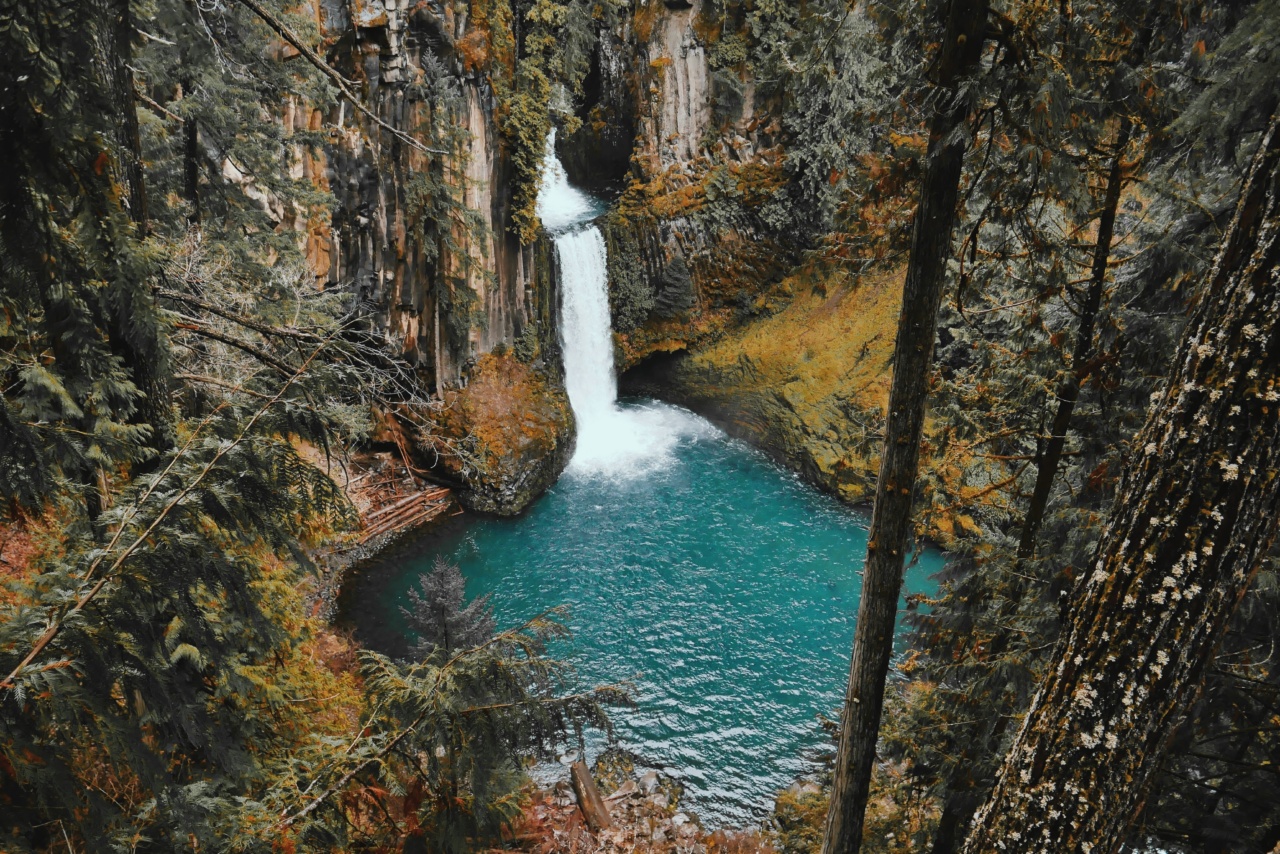Kidney stones are small, hard deposits that form inside the kidneys. They are made of minerals and salts that have crystallized and can cause excruciating pain when they move through the urinary tract.
While there are many causes of kidney stones, there is evidence to suggest that sexual activity may be one of them.
What are Kidney Stones?
Kidney stones are made up of minerals and salts that have crystallized within the kidneys. They can range in size from just a millimeter to several centimeters and can be very painful when they are passed through the urinary tract.
There are several types of kidney stones, each caused by different factors, such as high levels of calcium, uric acid, or oxalate in the urine.
What is the Link between Kidney Stones and Sexual Activity?
There is some evidence to suggest that sexual activity may increase the risk of developing kidney stones.
This is because sexual activity can cause dehydration, which can lead to an increase in the concentration of minerals in the urine, making it more likely that they will crystallize and form stones. Sexual activity can also cause trauma to the urinary tract, which can lead to inflammation and the formation of kidney stones.
What are the Other Causes of Kidney Stones?
While sexual activity may be one of the causes of kidney stones, there are other factors that can contribute to their formation, including:.
- Diet – a diet high in salt, sugar, and protein can increase the risk of kidney stones.
- Dehydration – not drinking enough water can cause the minerals in the urine to become more concentrated, leading to the formation of stones.
- Medical Conditions – certain medical conditions, such as gout or chronic diarrhea, can increase the risk of kidney stones.
- Family History – if someone in your family has had kidney stones, you may be more likely to develop them.
What are the Symptoms of Kidney Stones?
Kidney stones can cause a range of symptoms, including:.
- Pain in the side, back, or lower abdomen that can be sudden and severe
- Painful urination
- Frequent urination
- Blood in the urine
- Nausea and vomiting
How are Kidney Stones Diagnosed?
If you are experiencing symptoms of kidney stones, your doctor may perform a variety of tests to diagnose the condition, including:.
- Urinalysis – a test to analyze your urine for signs of infection, blood, or minerals that can cause kidney stones.
- Imaging tests – such as X-rays, CT scans, or ultrasounds, which can help your doctor see if you have kidney stones and where they are located in your urinary tract.
- Blood tests – to check for high levels of minerals, such as calcium or uric acid, which can increase the risk of kidney stones.
How are Kidney Stones Treated?
The treatment for kidney stones depends on several factors, including the size and location of the stone, as well as the severity of your symptoms. In some cases, small kidney stones may pass on their own through the urinary tract.
However, larger stones may require medical intervention, such as:.
- Medications – such as pain relievers or medication to help pass the stone.
- Extracorporeal Shock Wave Lithotripsy (ESWL) – a procedure that uses shock waves to break up kidney stones into smaller pieces that can be passed through the urinary tract.
- Surgery – in rare cases, surgery may be necessary to remove kidney stones that cannot be passed through the urinary tract.
Preventing Kidney Stones
While there is no surefire way to prevent kidney stones, there are several steps you can take to reduce your risk of developing them, including:.
- Drinking plenty of water – staying hydrated can help prevent the minerals in your urine from becoming concentrated, reducing the risk of kidney stone formation.
- Reducing salt intake – a diet high in salt can increase the risk of kidney stones, so reducing your salt intake can help prevent them.
- Eating a balanced diet – eating a diet rich in fruits and vegetables and low in animal protein can help reduce the risk of kidney stones.
Conclusion
While there is some evidence to suggest that sexual activity may increase the risk of developing kidney stones, there are many other factors that can contribute to their formation.
If you are experiencing symptoms of kidney stones, such as severe pain or blood in your urine, it is important to seek medical attention right away. With prompt diagnosis and treatment, kidney stones can be effectively managed and prevented.































